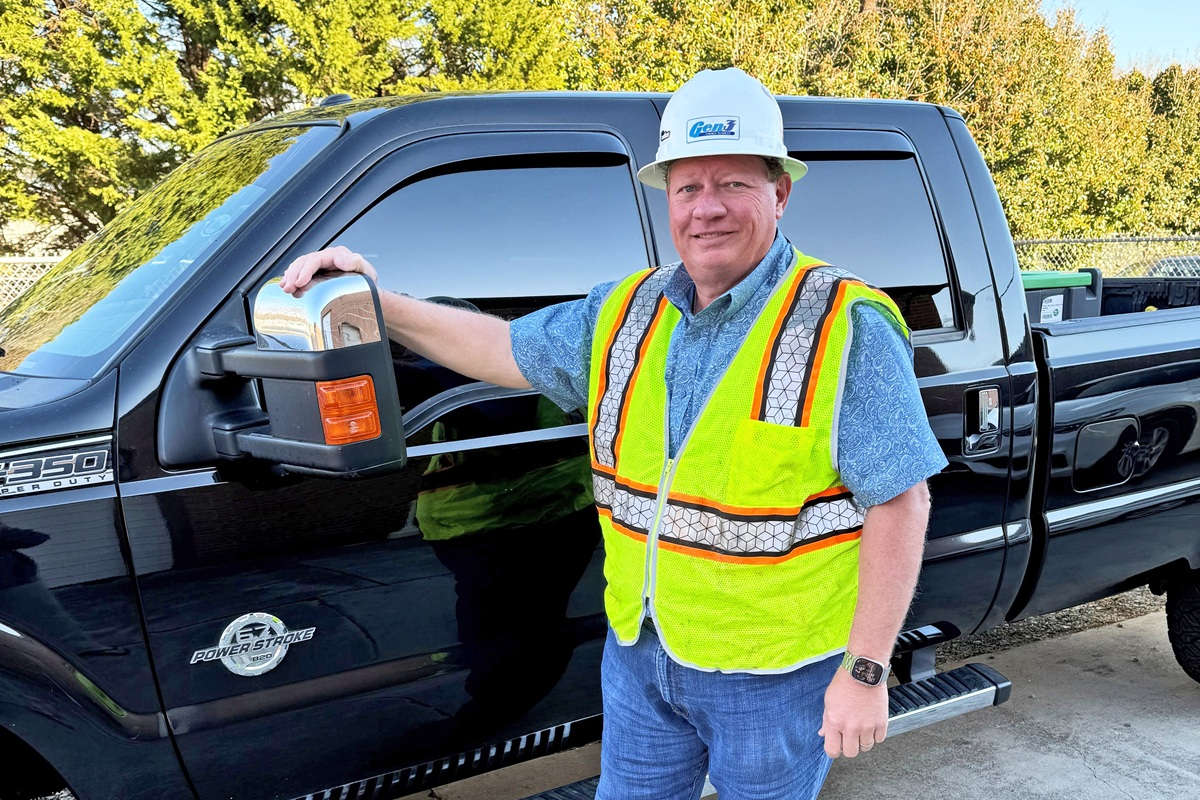Inside Washington: Water Infrastructure Financing on the Rise

It seems finally some in Congress are paying attention. This spring, three different pieces of legislation have been introduced that address part of America’s infrastructure struggles.
On Feb. 25, 2016, Senator Ben Cardin (D-Md.) introduced S. 2583, the Firm, Unwavering National Dedication (FUND) to Water Act. This legislation more than triples the authorization levels for the EPA’s State Revolving Fund (SPF) programs. The bill would increase the Clean Water SRF to $5.18 billion in fiscal year 2017 and raise authorization levels incrementally to $9.06 billion in fiscal year 2021. For the Drinking Water SRF, authorization levels would range from $3.13 billion in 2017 to $5.5 billion in 2021.
On April 20, 2016, 26 Senators introduced S. 2821, the Testing, Removal and Updated Evaluations of Lead Everywhere in America for Dramatic Enhancements that Restore Safety to Homes, Infrastructure and Pipes (TRUE LEADERSHIP) Act of 2016. This legislation, through a combination of loans, grants and tax credits, would inject more than $70 billion over the next 10 years into water infrastructure projects for the removal and replacement of lead drinking water pipes.
On April 25, 2016, Senate Environment and Public Works Committee Chairman James Inhofe (R-Okla.) and Ranking Member Barbara Boxer (D-Calif.) introduced S. 2848, the Water Resources Development Act (WRDA). This legislation authorizes 25 Army Corps of Engineers projects in 17 states. These projects perform excavation, drudging, maintenance and modernization on ports and waterways. WRDA will also make the Water Infrastructure Financing Innovation Act program permanent, which will provide low-interest loans to large scale water infrastructure projects. S. 2848 also includes one of NUCA’s long-time legislative priorities: a water trust fund. This trust fund, which will provide capitalization grants for water infrastructure projects, will be financed by fees collected from a voluntary labeling system on consumer goods. Finally, the bill will make streamlined modifications to the Army Corps of Engineers project vetting process and allow private financing for pre-construction approval activities such as environmental studies and planning.
These three pieces of legislation would each create new water infrastructure projects across the country. Unfortunately, only one, WRDA, has a realistic opportunity for action this year. The House Committee on Transportation and Infrastructure, which has not yet introduced legislative language for WRDA, has promised to introduce and pass a bill this year. Publicly, Transportation and Infrastructure Chairman Bill Shuster (R-Pa.) has promised this WRDA bill will be short after the significantly larger Water Resources Reform and Development Act (WRRDA) that was signed into law in June 2014. This sets up a significant difference between the two bills which will likely have to be ironed out in a joint conference between the House and Senate. It is possible that elements of the other two aforementioned bills could be included in the final version of the bill.
Keep in mind, neither the House nor the Senate have passed legislation directing emergency funding to Flint, Mich., where the lead content in the water is dangerously high due to age and neglect.
Regardless of the logistics and paths these bills take, we, as an industry, must make our voices heard and continue the constant pressure on our lawmakers to invest in the American economy through investment in water infrastructure. The fact that national attention is being focused on our water infrastructure is proof that our cause is gaining steam and momentum. It will take a collective effort to continue the pressure and enact new legislation to approach our goals.
Will Brown is NUCA’s director of Government Affairs. Tags: Inside Washington, June 2016 Print Issue, NUCA




